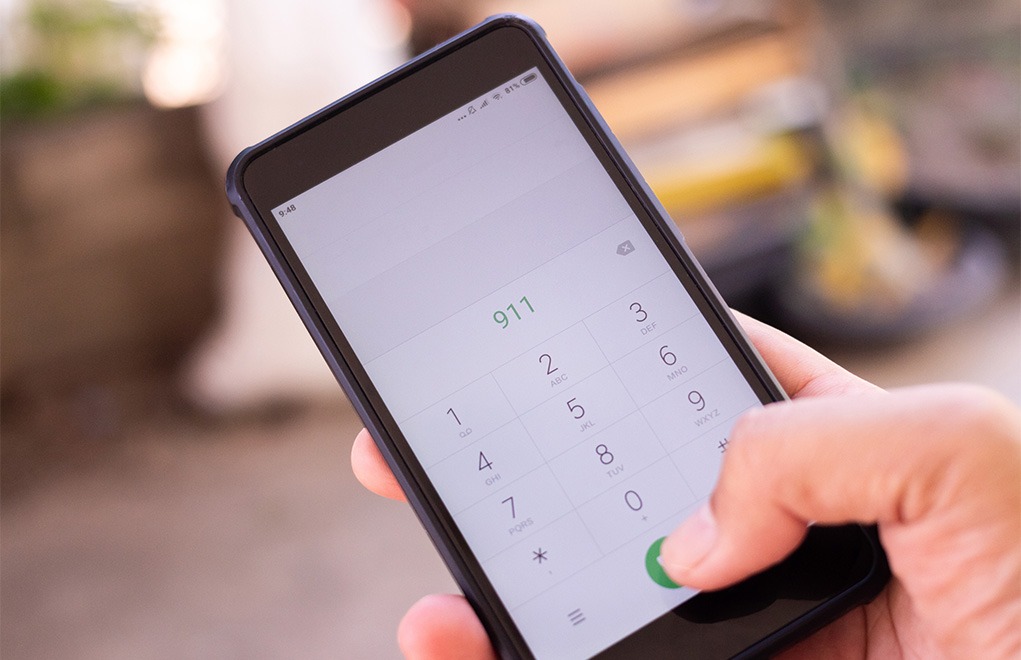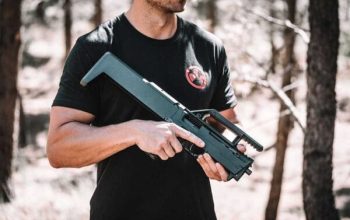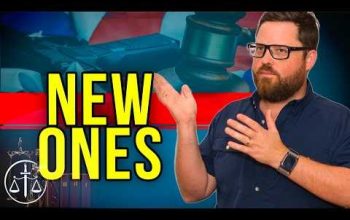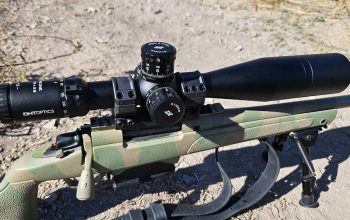If you’re ever involved in a self-defense shooting, who calls 911? The decision isn’t as straightforward as it might seem.
In the aftermath of a self-defense shooting, countless considerations can impact your immediate safety and legal standing. One of the most crucial decisions is determining who should make the 911 call. Should it be you, or should the responsibility be delegated to a friend or family member who might be with you?
This decision isn’t as straightforward as it might seem, and understanding the nuances can make a significant difference in both the short and long term.
Why the 911 Call Matters
The importance of the 911 call cannot be overstated. This call is not just a request for help; it’s the first official account of the incident, and it will play a significant role in how law enforcement views you and the situation. In many cases, the first person to contact 911 is assumed to be the victim, and this call can change the trajectory—not only the response by first responders, but also the ensuing investigation.
Therefore, it’s crucial to make that call as soon as it is safe to do so, provided that you or your designee remain at the scene unless safety concerns dictate otherwise.
Who Should Make the Call?
Whether you should make the 911 call yourself or have an associate do so depends on several factors, starting with your immediate physical and situational condition. If you’re injured or still dealing with a threat, making the call might not be feasible, in which case it would be necessary for someone else to step in. The primary focus should always be on surviving the encounter before worrying about the legal aftermath.
Assuming you’re able to make the call, it’s essential to consider the capability and composure of your associate. In a high-stress situation, the person making the 911 call needs to be clear, concise and able to provide accurate information. The call will be recorded, and what is said—or not said—could be critical in any subsequent legal proceedings. The recording may be played in court, possibly in front of a jury, and it could shape the narrative of what happened during the incident.
Given the potential ramifications, you should think carefully before delegating this responsibility. Personally, I’d be hesitant to allow anyone else to make that call unless it were someone I trust implicitly, such as my wife or a close trusted friend, who has undergone substantial training. The reality is that very few people you interact with regularly will have the composure and clarity needed to handle this kind of pressure.
What Information to Provide
Whether you or an associate makes the 911 call, the information provided to the dispatcher should be clear and focused. Start with the basics: your name, location and a brief statement requesting both emergency medical services and police. It’s crucial to identify yourself as the victim early in the conversation. A simple, direct statement, such as “I was attacked and had to use my firearm to defend myself,” can establish this crucial fact and the active dynamic at the scene.
Additionally, you should specify your exact location within the area, such as “I will be standing by a white Ford truck.” This helps responding officers quickly and accurately identify you. For your safety, provide a physical description of yourself, including clothing, height, weight and any other distinguishing features. This ensures that the officers arriving on the scene can identify you as the “good guy or gal,” reducing the likelihood of a tragic misunderstanding.
Equally important is what not to say during the 911 call. Avoid providing unnecessary details or making statements that could be misinterpreted or used against you later. Stick to the essential information outlined above and leave further explanations for when you have legal counsel present.
Preparing for the Aftermath
The 911 call is just the first step in what can become a long and complex legal journey. Once the police arrive, there will be additional safety and legal considerations to address. It’s essential to be familiar with how to interact with law enforcement following a defensive shooting. Resources like the Armed Citizens’ Legal Defense Network and the concept of the “three rings of safety” advocated by experts like Massad Ayoob can provide valuable guidance on what to do after the call is made.
Conclusion
While there are situations where it might be necessary for someone else to make the 911 call, if you are able, it’s generally advisable to handle it yourself. The call is your first opportunity to establish the context of the incident, identify yourself as the victim, and provide vital information that can influence both the immediate response and any future legal proceedings. Knowing in advance who among your friends or family is capable of handling this responsibility under extreme pressure is also critical.
By planning ahead and understanding the importance of the 911 call, you can better protect yourself both during and after a defensive shooting.
Disclaimer: This article is for informational purposes only and should not be construed as legal advice. Every state has its own gun laws, and it’s recommended that you consult with an attorney to understand the specific legalities around gun storage and parental responsibility in your jurisdiction.
Editor’s Note: This article originally appeared in the January 2025 issue of Gun Digest the Magazine.
More Knowledge For The Armed Citizen:
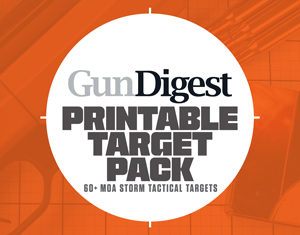
Next Step: Get your FREE Printable Target Pack
Enhance your shooting precision with our 62 MOA Targets, perfect for rifles and handguns. Crafted in collaboration with Storm Tactical for accuracy and versatility.
Subscribe to the Gun Digest email newsletter and get your downloadable target pack sent straight to your inbox. Stay updated with the latest firearms info in the industry.
